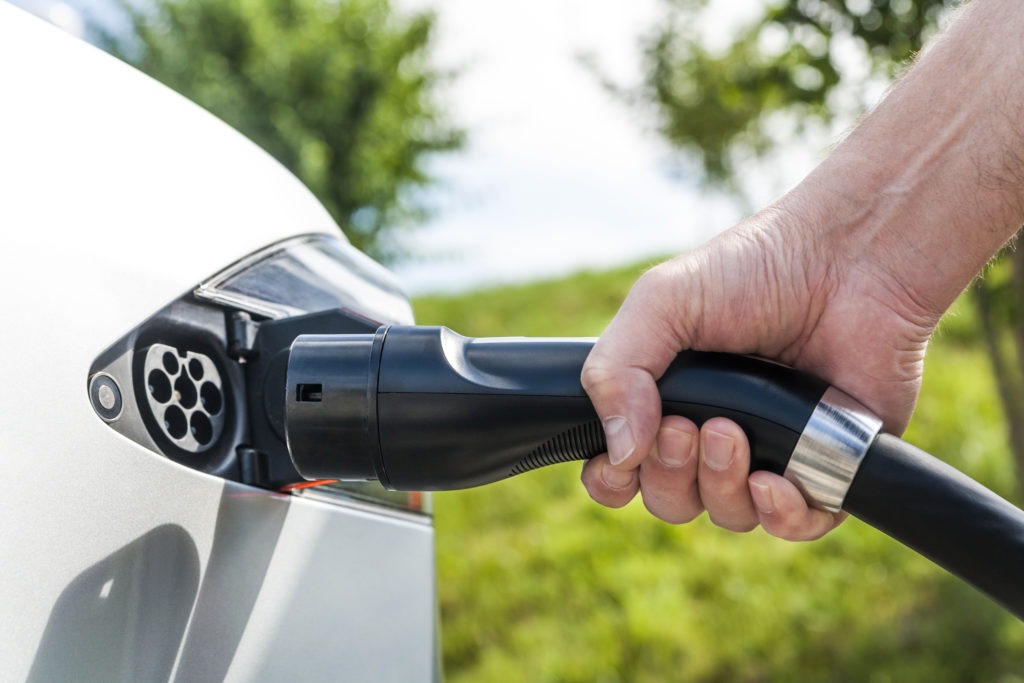ACEA figures reveal continued success for AFV market in Q2
07 September 2017

07 September 2017
New registration figures released by the European Automobile Manufacturers Association (ACEA) have revealed further momentum for sales of alternatively fuelled vehicles (AFVs).
In the second quarter of 2017, EU demand for AFVs, which comprises petrol and diesel hybrids, plug-in hybrids and pure electric vehicles, grew with registrations up by 38% compared to the same period last year. A total of 204,502 vehicles were sold, accounting for 5.1% of all cars sold on the continent between April and June.
Registrations of traditional hybrid vehicles grew by 61.1%, while electrically-chargeable vehicles, combining plug-in hybrid (PHEV) and pure electric (EV), was up by 45.8%. Of these, PHEVs rose by 49.7% and EVs by 42.3%, compared to Q2 2016. Registrations of new cars powered by propane or natural gas also increased during the second quarter of the year (+3.3%), largely the result of an uplift in registrations of LPG-fuelled cars (+23.7%).
All five of Europe’s big markets posted double-digit increases, thereby significantly contributing to the positive performance of the sector. Germany and Spain saw the largest increases over the last quarter, with respectively 91.9% and 80.7%, followed by France (28.6%), the United Kingdom (24.4%) and Italy (18.1%). Growth in most of these countries was fully driven by the electric and hybrid-electric segments. The UK, Germany and France accounted for the largest numbers of new electrically-chargeable cars. The positive performance of the Italian market, on the other hand, was mainly the result of recovering demand for cars running on LPG, where 42,500 were sold.
The results of the German market in particular highlight consumer attitudes in a country that has seen itself at the heart of the diesel scandal first discovered with Volkswagen (VW) in 2015. German manufacturers are beginning to invest in EVs, following a warning by Chancellor Angela Merkel that the country must work harder or risk falling behind in the technology. A total of 27,048 AFVs were sold in the country, second only to Italy (60,814). This includes 5,129 pure EVs and 7,002 PHEVs.
Meanwhile, in the UK and France, where bans will come into force on the sale of petrol and diesel-only vehicles in 2040, the uptake of AFVs could be seen as considerably slow in comparison. However, the ACEA results cover the period before both countries made their announcements, meaning the next figures, released in November 2017, will offer a better look into how the announcement has changed public perception compared to other European countries. However, figures released by the SMMT in the UK show that the AFV market is up by 32.7% in the year up to and including August, compared to the same period in 2016.
As more and more manufacturers embrace electrification of their fleets, consumers will have more choice as to the type of vehicle they can purchase. Carmakers are also spending more on their research and development of AFVs, moving funds from elsewhere to create technology that can appease consumers, reducing range anxiety issues and adding autonomy. One example of this is the new Nissan Leaf, due on the market in 2018. In addition, countries such as the UK are starting to embrace hydrogen fuels, developing plans for infrastructure prior to vehicles launching, all of which adds another option to the AFV market.